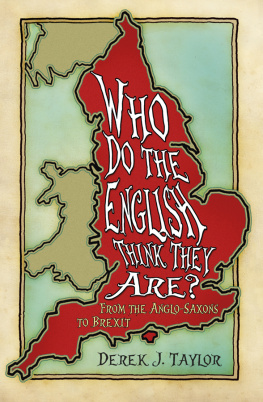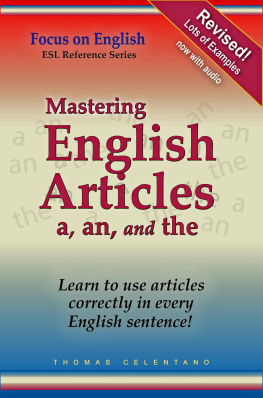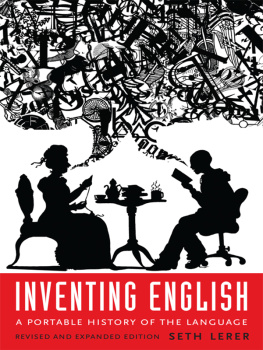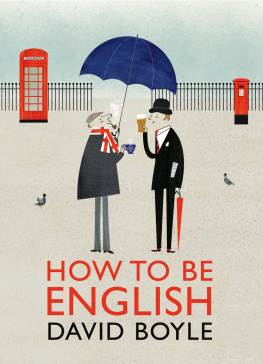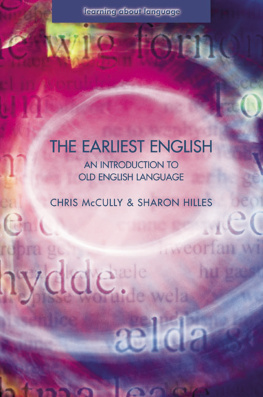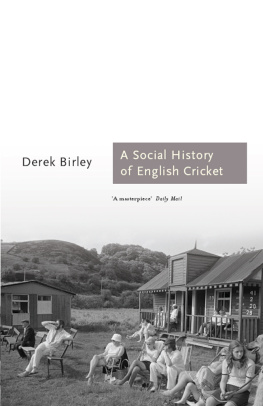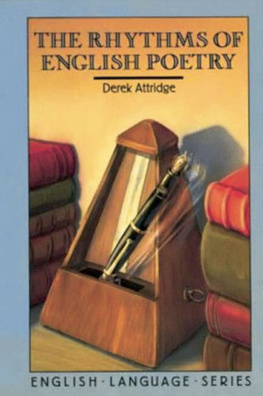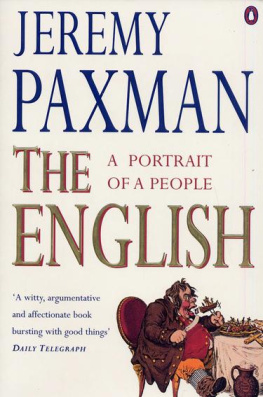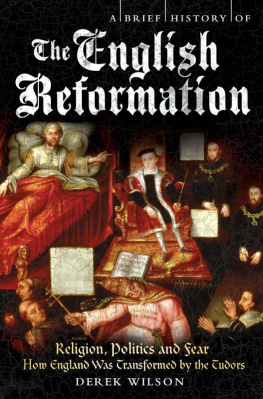

To Maggie, Dan, Jo and Nathan
By the same author:
A Horse in the Bathroom
Magna Carta in 20 Places
First published in 2017
The History Press
The Mill, Brimscombe Port
Stroud, Gloucestershire, GL5 2QG
www.thehistorypress.co.uk
This ebook edition first published in 2017
All rights reserved
Derek J. Taylor, 2017
The right of Derek J. Taylor to be identified as the Author of this work has been asserted in accordance with the Copyright, Designs and Patents Act 1988.
This ebook is copyright material and must not be copied, reproduced, transferred, distributed, leased, licensed or publicly performed or used in any way except as specifically permitted in writing by the publishers, as allowed under the terms and conditions under which it was purchased or as strictly permitted by applicable copyright law. Any unauthorised distribution or use of this text may be a direct infringement of the authors and publishers rights, and those responsible may be liable in law ac.cordingly.
EPUB ISBN 978 0 7509 8488 1
Original typesetting by The History Press
eBook converted by Geethik Technologies
CONTENTS
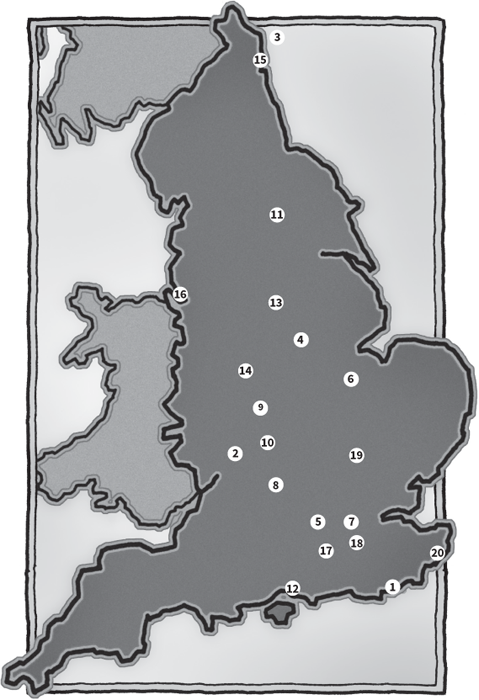
| Hastings, Sussex. |
| Deerhurst, Gloucestershire. |
| Farne Islands, Northumberland. |
| The Trip to Jerusalem, Nottingham. |
| Runnymede, Surrey. |
| Longthorpe, Cambridgeshire. |
| House of Commons, Westminster. |
| Oxford. |
| Stratford-upon-Avon, Warwickshire. |
| Stow-on-the-Wold, Gloucestershire. |
| Newby Hall, North Yorkshire. |
| HMS Victory, Portsmouth. |
| Barrow Hill Roundhouse, Derbyshire. |
| The Back to Backs, Birmingham. |
| Bamburgh Castle, Northumberland. |
| Liverpool Docks. |
| Epsom Downs Racecourse, Surrey. |
| Imperial War Museum, Lambeth. |
| Duxford, Cambridgeshire. |
| Dover, Kent. |
1
HASTINGS, SUSSEX
NO JACKBOOTS, PLEASE. WERE ENGLISH
THE ENGLISH NEVER KNOW WHEN THEY ARE BEATEN
SPANISH SAYING
Listen mate, says the Saxon soldier, hitching up his sword belt. Never mind about the result on the battlefield. What counts is inside here. And he gives a thump on his chain mail where it covers his heart. Inside here, mate, he repeats with a glare, we English win every year. Hes not joking.
Ive just arrived at the spot near the south coast of England where Duke William of Normandy defeated King Harolds Saxon army at the Battle of Hastings in 1066. Today is the anniversary of the battle, and our Saxon soldier is one of several thousand individuals who come here every year on this day, dressed in cross-gartered leggings, hand-stitched leather boots, chain mail, shining helmets and armed with spears, swords and battleaxes, just as their ancestors did 950 years ago. Hes a battle re-enactor. And thousands more of us on this sunny day have turned up to watch them fight it out.
Meanwhile, before the mayhem starts, the mood on the vast field below the walls of Battle Abbey is both festive and feverish. There are kids chasing each other, brandishing brightly coloured plastic weaponry. There are parents yelling at them not to get lost, and come and get a burger, and yes, I mean now! And mingling among those of us in jeans, T-shirts and trainers or similar twenty-first-century kit, adults in medieval dress are trying with self-conscious nonchalance to look as though its perfectly normal on a Saturday morning in a field in East Sussex to be dressed like an extra from Lord of the Rings.
This is not just a blokeish pursuit. I can see around me plenty of female camp followers as well, mostly in long brown frocks made from rough cloth and wearing white pointed hats with silky material swirling around their shoulders. Theres one here now, hanging on the arm of our Saxon soldier.
What Id said to him after a pleasant and informative conversation about the handiness of the short-sword hanging from his waist was, Good luck this afternoon in the battle, and Id added with a stagey wink, You never know, maybe thisll be your year to beat the Normans. Not a side-splitter, I realise, as Saxon jokes go. But his answer is collectable. In here, (he taps his heart) we English always win. such a poetic sentiment from a man dressed as an old-time thug. It tells of his pride in his country, a nation somehow able to snatch glory from the humiliation of defeat. So, waiting till he and his damsel have strode on so I wont offend him further, I pull out a notebook and biro to scribble down a couple of lines about the encounter.

A panel from the Bayeux Tapestry, dating from the 1070s. The idea that Harold was hit in the eye by an arrow is probably a myth, started later by the Normans who wanted to portray his death as Gods judgement on an illegitimate ruler. Then in the eighteenth century, during overenthusiastic restoration of the tapestry, an arrow was added where there may not have been one originally.
Ive come here today not just for the entertainment. Im on a quest for first-hand evidence that might help unravel a puzzle. Who, exactly, do the English think they are? Where do they come from? What is it in their history that makes them so English? And what does being English mean? To find answers, were going to travel through time and space. Well explore twenty places that have played a role throughout history in forming the national identity of the English. Our journey will take us from an Anglo-Saxon church to a Second World War airbase, from a Northumbrian island to the White Cliffs of Dover, and in between well be visiting a pub, a racecourse, a slum, a mansion, a battleship and many more places, criss-crossing England through 1,600 years. And at the end of our journey, well ask the unthinkable: does the whole idea of English national identity still have meaning in the twenty-first century? Or have European federalism, globalised commerce and mass migration rendered it obsolete?
***
So why have we come first to Hastings? The reason is simple. The battle fought here in 1066 was the most important turning point in English history. Once the Norman duke, William the Conqueror, had triumphed and been crowned King of England, no jackbooted army of occupation ever goose-stepped through the land. In almost a millennium since that battle on the south coast, England has never again been successfully invaded. Napoleon, Hitler and others have tried. None managed it. That doesnt mean the English have been free from any outside influence for all those centuries far from it. As we shall see on our journey, many encounters both peaceful and warring with others beyond our shores have all helped mould the English character. Nevertheless, the fact that the country has seen off every foreign attempt to seize the country by force for the last nine and a half centuries has had two effects. It has reinforced the sense of an unchallenged English national identity, and it has established the notion (in English minds, at least) that the English are a free and independent people. The English have a political and social history that goes back in an unbroken line further than that of any other race on earth.
Next page
